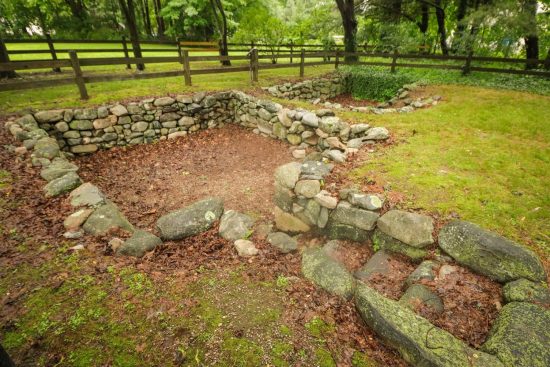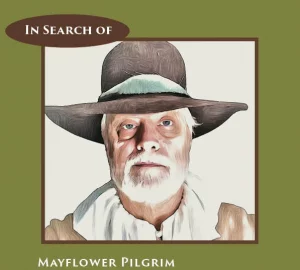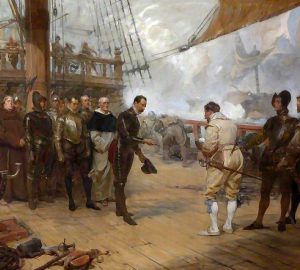
Not long ago I was searching through a database of scholarly articles which referenced one particular historical figure. As I worked my way through hundreds of articles, a clear pattern emerged. This makes some sense as writing literary criticism can be rather easy. Read the work of literature you are criticizing, review some things other people have said about it, come up with something novel to say about it, and put words to paper. I found a lot fewer articles of narrative or investigative history. Writing this type of history requires a lot more research. There are archives to be searched and published sources to read. Publishing is more risky as your text is far more falsifiable – if you are sloppy, people will point out that you are wrong.
This leaves for last the rarest category of all, and what I am arguing today is the king of the historical sciences – archeology. Archeology can be a thankless task. It often requires just as much research as narrative history to understand the historical context of the sites where you are digging and the events that took place there. And on top of that it requires weeks, months and even years of physical labor – digging trenches, sifting dirt, looking through the trash and ruins of centuries gone by. And perhaps the biggest issue of all – at the end of it you may not find anything at all. Perhaps all you will prove by your backbreaking effort is that what you were looking for was never where you were looking for it. Not exactly the stuff of which promising careers are made – months of work to prove you were looking in the wrong spot. Even if you find what you are looking for, there are many times when the findings are hard to interpret, inconclusive, or only marginally add to our understanding of the past.
Yet when archeologist strikes gold, whether metaphorical or literal, he connects us to the past in a way that lowly historians could only dream of. What historian has inspired the public’s imagination like Howard Carter when he discovered the tomb of King Tut? Or Hiram Bingham when he revealed the ancient Inca fortress city of Machu Picchu to the world? It is then that the king of the historical sciences takes his rightful throne.




